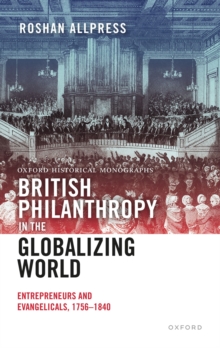
The East German Leadership and the Division of Germany : Patriotism and Propaganda 1945-1953 PDF
by Dirk Spilker
Part of the Oxford Historical Monographs series
Description
Would it have been possible to build a unified and democratic Germany half a century before the fall of the Berlin Wall?
This book reassesses this question by exploring Germany's division after the Second World War from the point of view of the SED, the communist-led and Soviet-sponsored ruling party of East Germany. Drawing on unpublished documents from the SED archives, Dr Spilker rejects claims that the East German comrades and their Soviet masters had abandoned their struggle for socialism and were willing to accept a democratic Germany in exchange for a pledge to neutrality.
He argues that the communists' sudden switch to a multi-party approach at the end of the war was a tactical move inspired not by a desire for compromise but by the mistaken belief that they could win political hegemony - and thechance to introduce socialism throughout Germany - through the ballot box. Communist optimism, as this book shows, rested on specific assumptions about the situation after the war, all of which revolved around the prospect of political instability and social unrest in West Germany.
The comrades in East Berlin did not just say that their regime would ultimately prevail, they genuinely believed it.
Nor should their hopes be dismissed as a mere fantasy.
In the aftermath of the war, the economic gap between the two Germanies was still relatively narrow and West Germany'sfuture success as a magnet for the people in East Germany was by no means guaranteed.
Information
-
Download - Immediately Available
- Format:PDF
- Publisher:Clarendon Press
- Publication Date:13/07/2006
- Category:
- ISBN:9780191515828
Other Formats
- Hardback from £122.50
Information
-
Download - Immediately Available
- Format:PDF
- Publisher:Clarendon Press
- Publication Date:13/07/2006
- Category:
- ISBN:9780191515828










